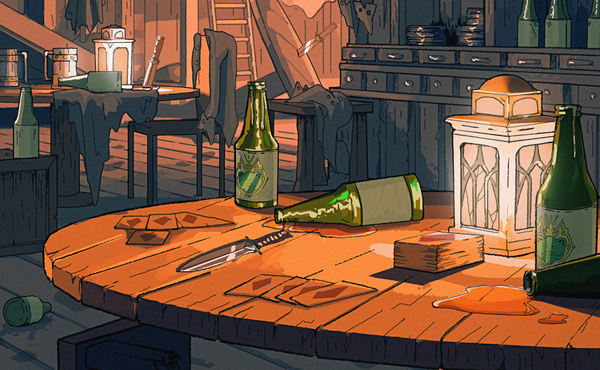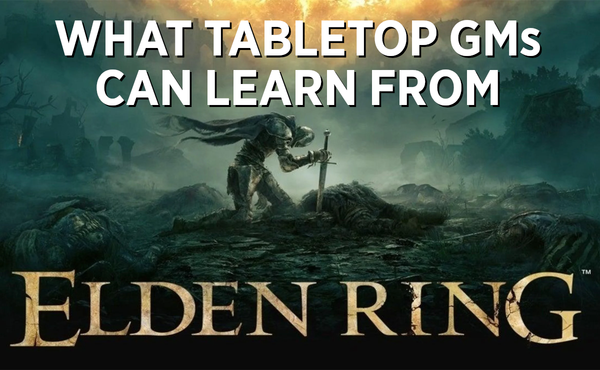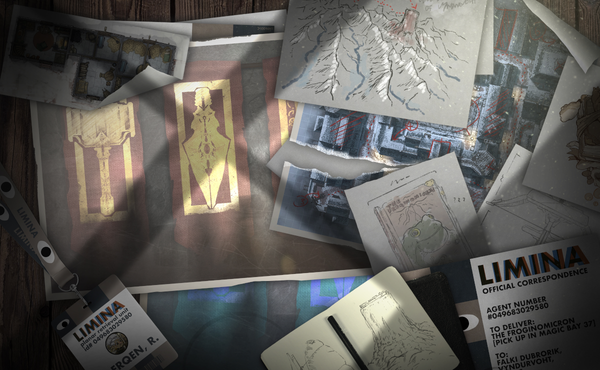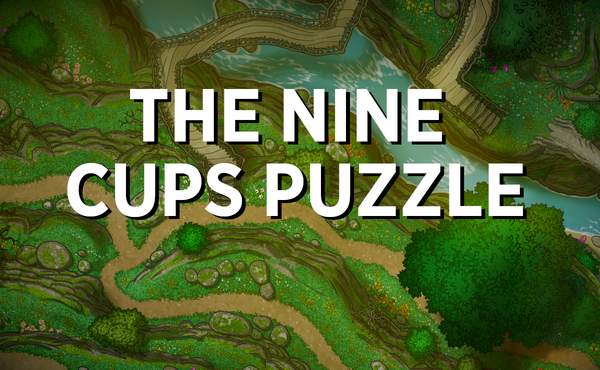The Gameplay Value of Frontiers
Where to place an adventure matters. A frontier is the perfect setting for tabletop campaigns.
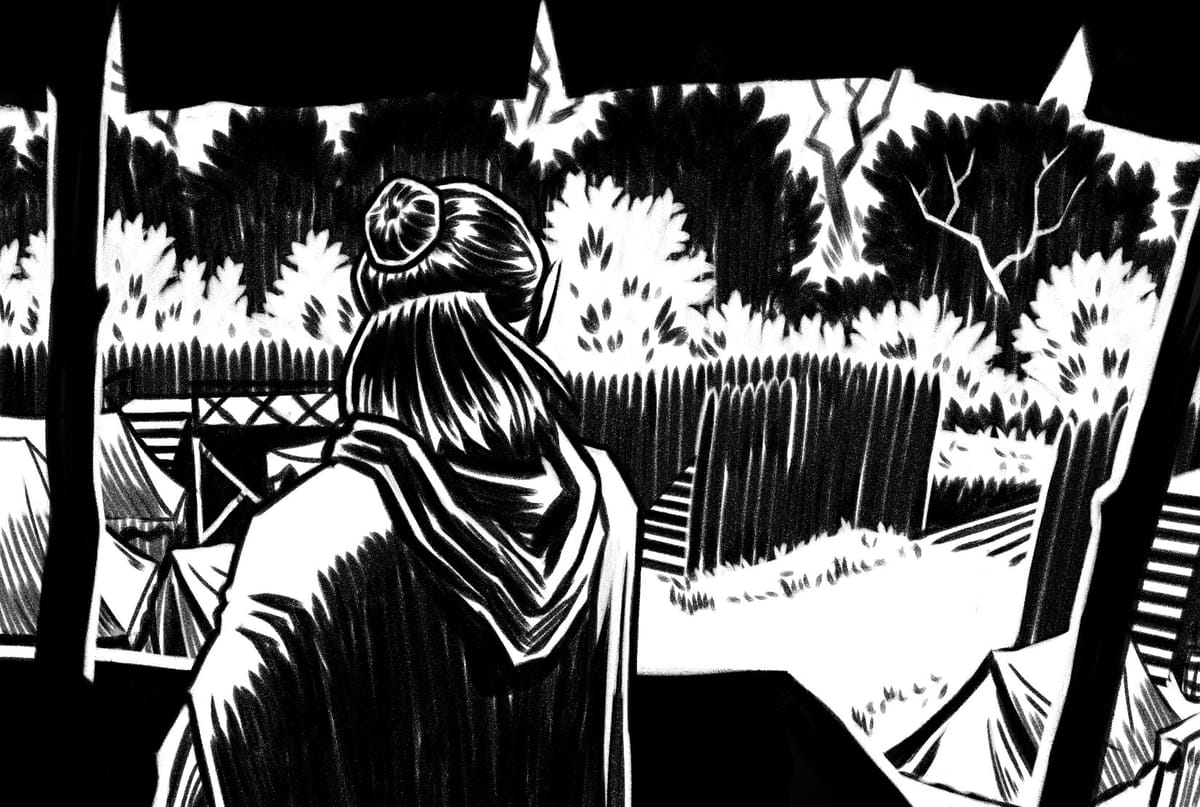
When I run tabletop RPGs, I like complex, urbanized worlds. Don’t get me wrong; it’s also fun to run campaigns in worlds that are barely developed, worlds filled with viking-esque tribes fighting over what few strongholds and population centers exist in a pre-medieval land. That said, I prefer to create campaign settings that have strange magical technologies, dense cities, and layered/nuanced political intrigue.
However, there is a fundamental issue with such worlds as they relate to tabletop RPGs: where do the adventurers adventure?
Obviously, “urban fantasy” is its own genre, and there is plenty of room for combat, dungeoneering, and nonlinear questing in developed settings, but the more industrialized, settled, and conquered your world is, the less room there is for true exploration—that is, exploration of yet uncharted lands.
This is why I always recommend that campaign worlds include some sort of frontier. I don’t necessarily mean something akin to the American West in the 1800s (although that is a setting ripe for inspiration). What I mean, instead, is the far reaches of settled land. An ideal campaign world for a TTRPG campaign is not fully settled, and people are still pushing into unclaimed and uncharted lands. Or rather, they are pushing into lands that they consider unclaimed. A frontier presents a huge amount of benefit to a TTRPG world. Let’s explore why.
A Frontier Abuts the Wilds
Your player characters know what “civilized” means in the context of your world. Regardless of the technology level of your campaign setting, there is some sense of what constitutes urban living, what’s more rugged, what’s more luxurious, etc. The frontier is the very edge of what anyone would consider “settled.” Beyond this point lies the wilds.
The wilds is where you know adventuring can take place. It’s where there are monsters, hazardous environments, and perhaps long-forgotten ruins of crumbled civilizations. This is, naturally, a great sandbox for adventuring. Do a hex crawl, roll on some encounter tables, or just design a prescriptive quest that sees the players traveling through carefully designed set-piece scenarios. It is almost trivially easy to string together exciting challenges for players as they explore truly wild locales. And, if your frontier has yet to be charted, you won’t even be constrained by whatever world map you threw together when you started the campaign. Just fill it in as you go!
Crucially, what I’m calling “the frontier” is that boundary region, the place where some fringes of “civilization” still exist. The wilds lie beyond this frontier. In the frontier, there are still some recognizable hallmarks of society, conveniences that the PCs are likely used to.
Your players can buy and sell goods to traveling merchants. They can rest up at a tavern in a town filled with recent migrants. They understand the sociopolitical context of some great empire’s push into “unsettled lands.” The frontier establishes the point at which the vast unknown meets the furthest reaches of society proper. Accordingly, quests throughout the frontier can still take advantage of all of the tools you’ve developed for running urban encounters, but you’re also never far from lands filled with more rugged RPG encounters: battles with monsters, outdoor survival challenges, and wilderness navigation.
A frontier is thus the best of both worlds, where your players have just enough conveniences to facilitate the non-wild mechanics and narrative beats of your RPG, but they’re also immediately next to the exciting wilderness beyond.
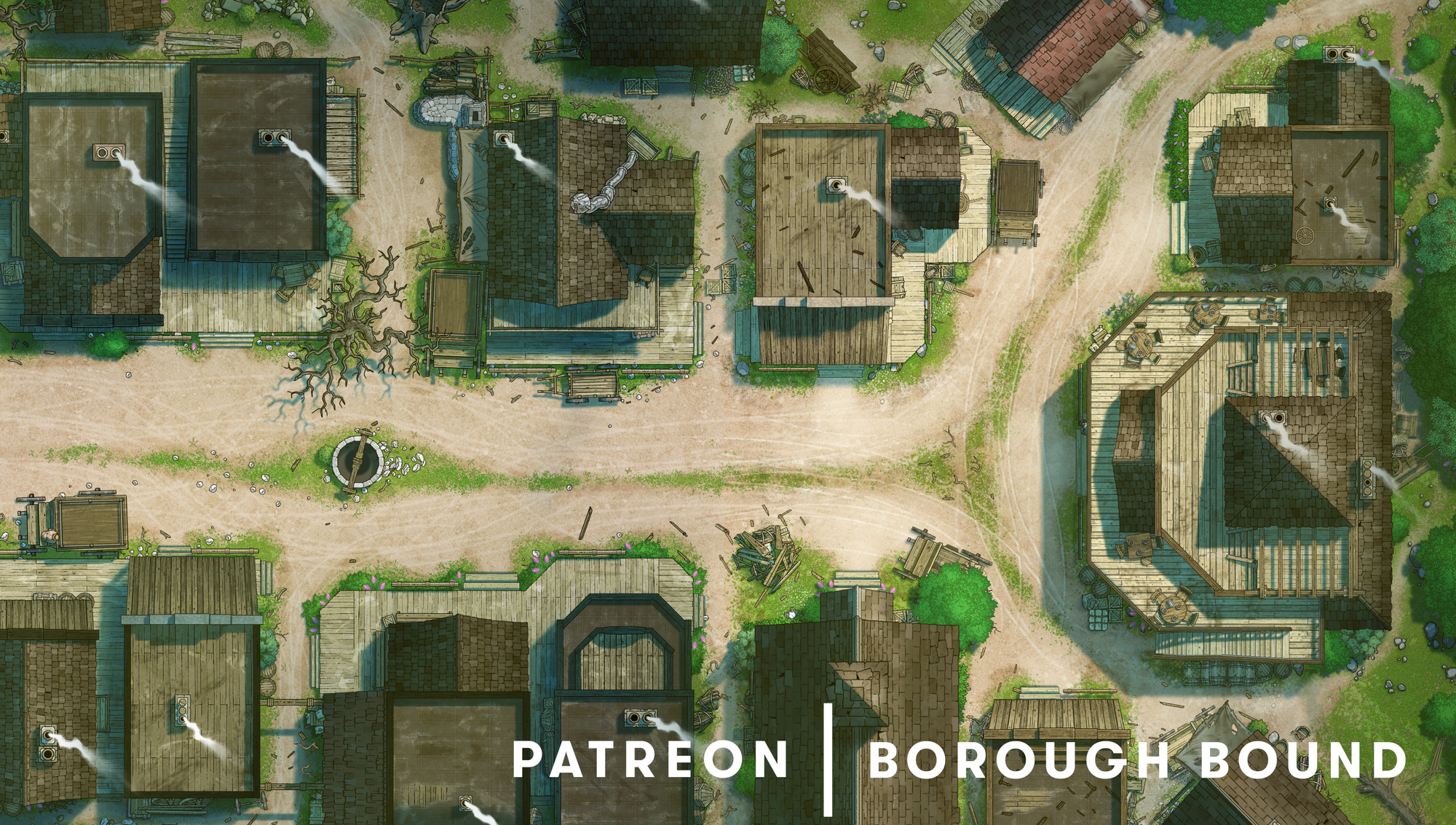
What exactly is a frontier? A frontier does not have to be a one-road town next to dusty plains and craggy peaks. It might be an unexplored sea, a vast wasteland, an uncharted solar system, a new island that just bubbled up from the bottom of an ocean, or a mysterious nether-realm that exists beyond an arcane veil. Don’t get hung up on direct associations you have with the word “frontier” and its typical usage in an American context. Instead, consider the term more broadly. It’s where the edge of civilization bumps up against the untamed wilds.
A Frontier Poses Moral Questions
Your players come into the campaign with plenty of preconceptions about what the world ought to look like, how civilization should function, and the ideal function of law and the state. Your player’s characters likely have points-of-view regarding those questions as well, points-of-view informed by the players’ own preconceptions. A frontier often forces your players to reexamine many of these assumptions.
Most frontiers are not truly unsettled. There are early prospectors who jumped the gun and staked their claim on distant lands. There are indigenous peoples whose ways of life are vastly different from those of the citizens in towns your PCs call home. There are creatures of varying degrees of sentience, some of whom may be more “personlike” than your players want to admit. The frontier town has a sheriff, but is their word law? From where does the sheriff’s authority arise? Does the town’s laws trump the codes of the land’s indigenous populations? What if the customs of those indigenous populations are unjust? Who owns the frontier? Who gets to decide? Does might make right?
Maybe you don’t want to confront any of these sorts of questions in your campaign. I totally get that! I’ve certainly run adventures that never reckon with the morality of killing kobolds and goblins who clearly deserve rights and protections. However, I think most campaigns are enhanced by asking real questions about the consequences of the players’ actions. If your “heroes” become rich and powerful by plundering indigenous sites of worship, even if doing so also includes slaying a dragon or whatever, what does that say about your party?
A frontier is a great play space for TTRPGs because the questions the environment poses can be answered implicitly through adventuring. The verbs your players employ directly relate to the inherent moral quandaries of a frontier. Does your party act as the violent arm of an imperial power? Do they resist and rebel? Do they act as protectors of the land? of peoples who can’t protect themselves? of a principle? Does your party reject issues of morality? If so, how do they decide what they ought to do? In a world where nothing is right or wrong, what motivates an adventure? Glory? Revenge? Inertia?
When you ask these questions, implicitly or otherwise, you are giving your players the opportunity to express their characters through choices. Every time a PC either respects or disregards the law of some dusty town at the fringe of society, the player is deepening their exploration of their character.
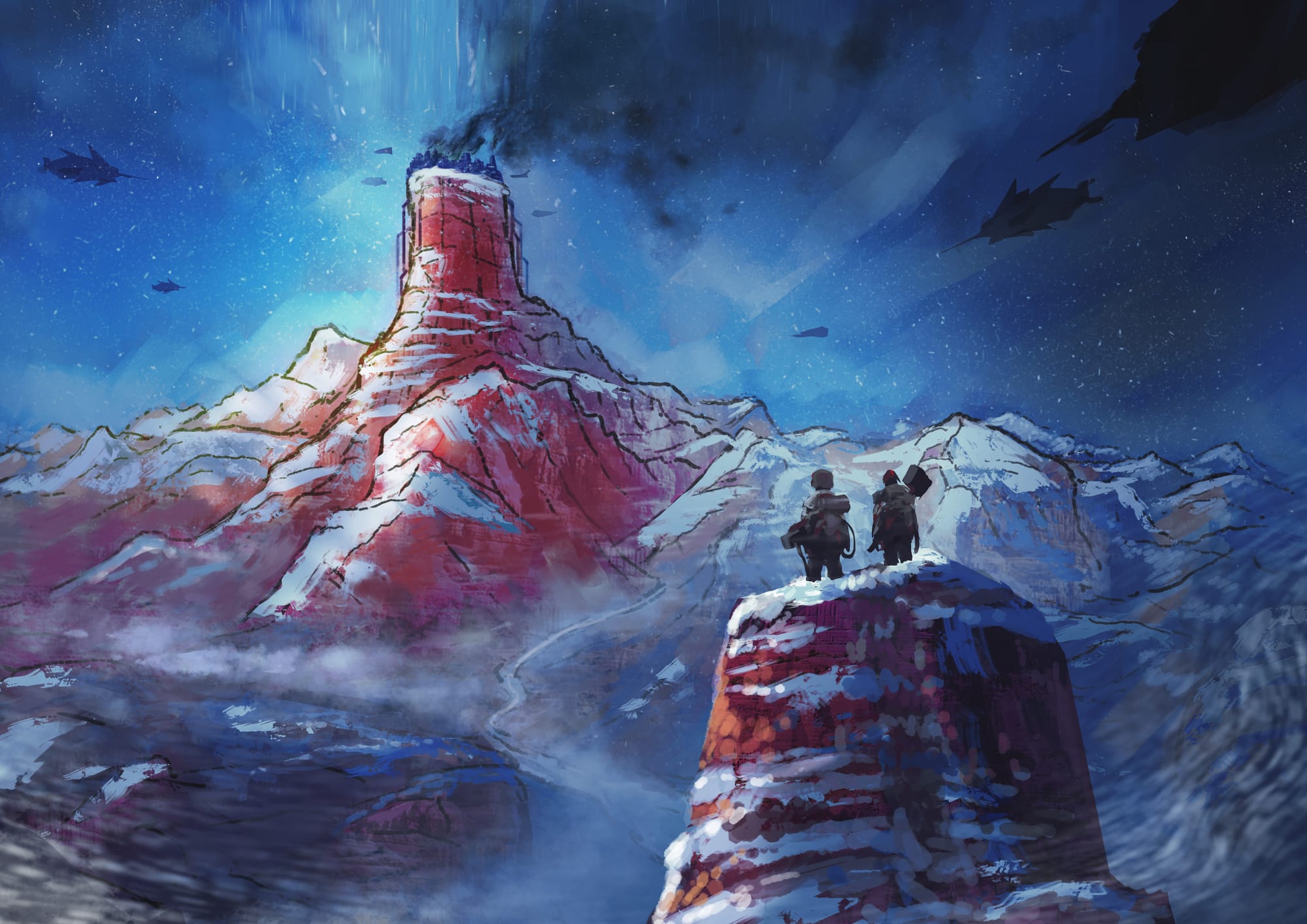
A Frontier Breeds Violence
I’ve written before about the challenges of motivating combat in my campaigns. When my players are exploring urban settings with thousands of onlookers, guards on every corner, and a general lack of combative monsters, it can be difficult to continuously generate excuses for my players to fight things. A frontier solves that problem.
Frontiers are violent! There are a few reasons for this:
- A frontier has value. People push into the wilds so that they can claim land, precious resources, or freedom. People in great cities may not always feel as though there is something worth getting bloody for. In a frontier, violence may be the difference between getting what you want and forfeiting it to someone with a bigger gun.
- A frontier is lawless. Not completely lawless, mind you, but certainly less tightly controlled than communities in urbanized parts of the world. Quite simply: the higher ratio of land to population means it’s easier to get away with doing what you want. A sheriff can only patrol so much territory, and if you kill a man on some distant empty plain, you’re less likely to have witnesses.
- A frontier has desperate people. Who goes to the frontier? Not a mother with a job at the university, a home, a husband, and three kids. The first travelers who head to the frontier are those that are desperate, either to gain land, escape their past, or find meaning in a cruel world. Desperate people are more likely to resort to violence.
- A frontier is untamed. A realistic campaign world would not have violent monsters stomping around the moment you step foot outside the walls of a city. If danger is so omnipresent, society couldn’t function. That rule does not apply to a frontier. There is no reason that dangerous creatures and forces can’t be lurking just beyond the little frontier town your party uses as a home base.
For better or worse, most tabletop RPGs (especially D&D and Pathfinder) devote a huge portion of their rulesets to combat. The inherent violence of a frontier creates lots of opportunities for you to throw exotic monsters, imperial armies, villainous prospectors, and more at your party.
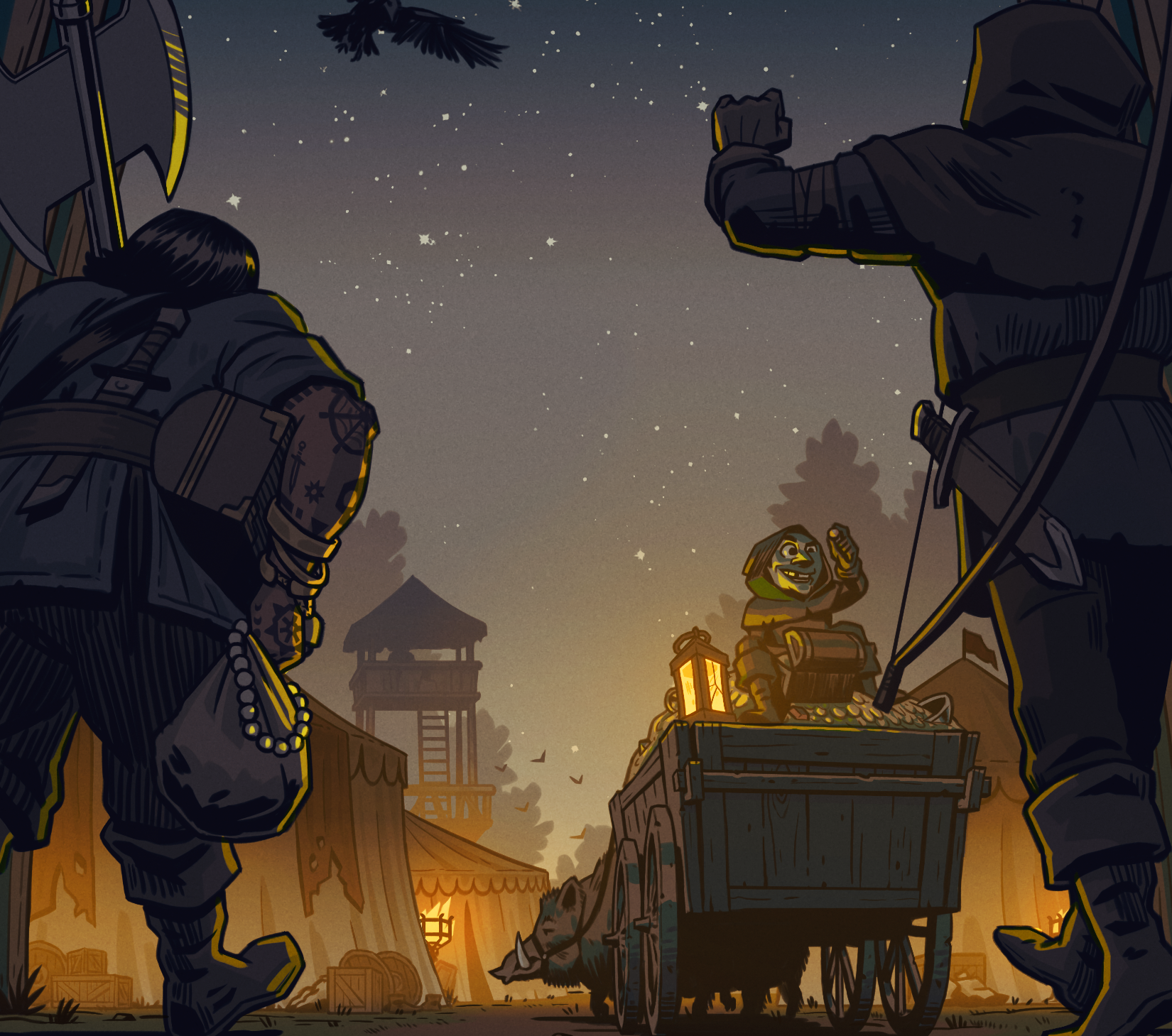
A Frontiers Contains Convenient Unknowns
I know this has happened to you. You’re describing some lore of your world, and even though it’s clear that anyone in this world would know something, your players don’t, and thus you either have to explain some crucial detail to them in the moment, or the party will do something stupid out of ignorance. Your campaign setting is filled with nuanced worldbuilding, and even if you’ve sent your pals a lore doc to read before each session, they won’t remember everything.
The convenient thing about a frontier is that, as your players explore this territory, their characters are likely to be just as lost as they themselves are. If they stumble on some strange ruins, they might say “who built this?” Who indeed! The characters wouldn’t know, and neither would your players. There is less ludonarrative dissonance here; in many instances, your players are acting with an equivalent lack of knowledge. There’s no need to give them convenient amnesia or isekai them at the start of the campaign just to resolve the knowledge gap between player and PC.
Hell, for that matter, a frontier is a convenient way for you (the GM) to get the ball rolling and start an adventure without knowing all the details first. The PCs start marching west into unknown lands. What’s beyond that initial stretch? Who knows! Not the PCs! You’ve just bought some time to finish sketching out the world.
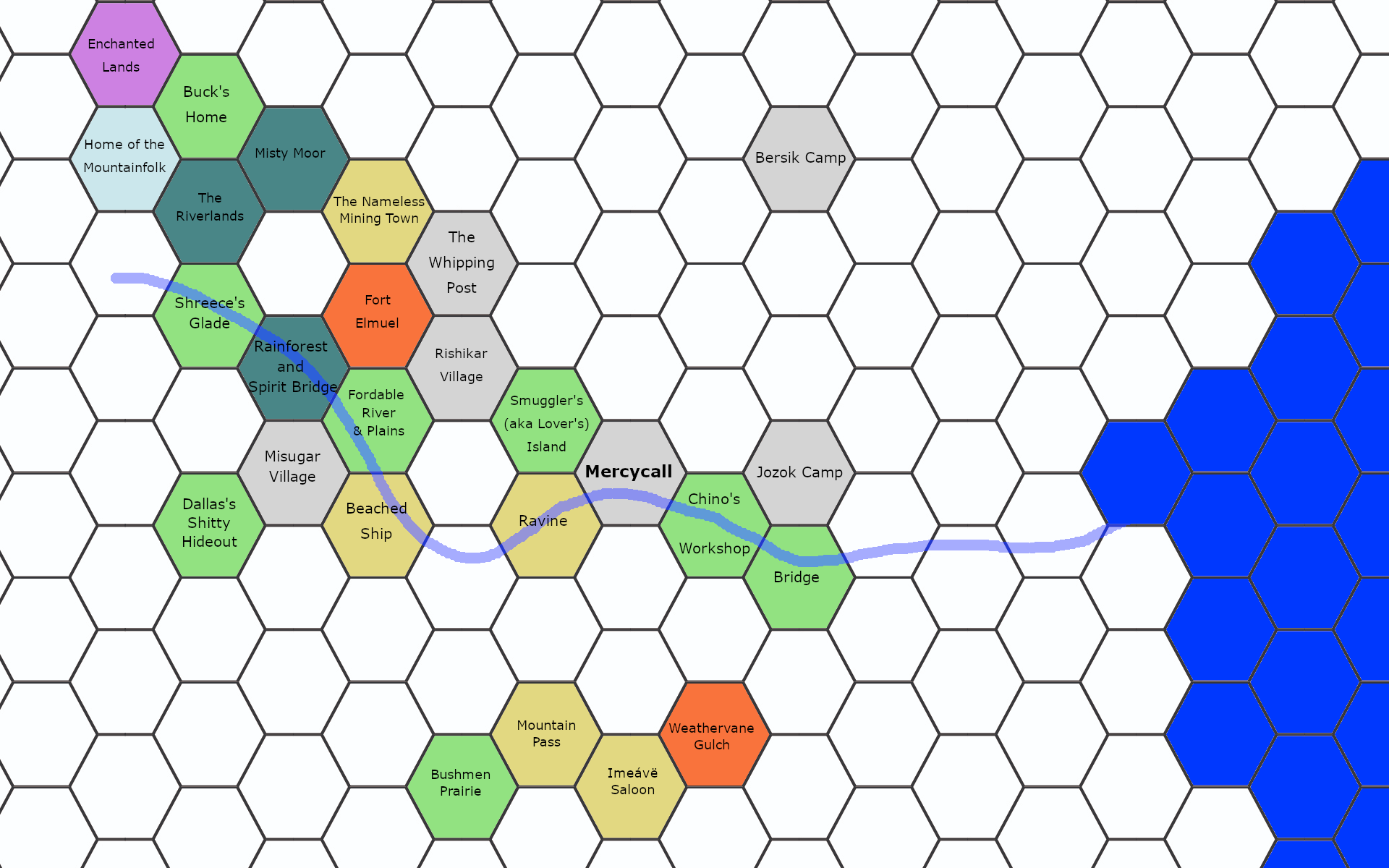
Handling Sensitive Themes
Before I sum this up, it’s crucial that we touch on the tricky interplay between frontier adventure and imperial violence. Yes, frontier adventures can be both rollicking fun and thoughtful explorations of morality and justice in the farthest reaches of the explored world. However, real world frontiers—that is: “frontiers” as defined by history’s victors—are rarely unsettled, and imperial expansion often results in atrocities committed against indigenous peoples.
Roleplaying games can serve many functions. They can be tactical combat simulators, vehicles for collaborative storytelling, an opportunity to goof around with your friends, wish fulfillment via avatar embodiment, etc. Roleplaying games should never be an excuse to cosplay as imperialist murderers. Rule number 1 is to always make sure you have safety protocols in place to ensure you avoid any topic your players don’t want to touch. There are oodles of online resources to help protect your players as you navigate your campaign.
If, however, your players are cool with stories dealing with fraught themes, and if you end up exploring stories of violence against indigenous people, please please please ditch any friends who side with aggressors or opt to participate in implicit reenactments of massacre and subjugation. Those are not good people with whom to play tabletop games.
The Value of Frontiers
Frontiers are great. Adventuring in the grand and gleaming capital or on the border between two great nations can be fun, but the very notion of a frontier is perfect for tabletop adventuring. If you’ve been having trouble motivating your party to explore mysterious locales, engage in tricky moral questions, or just actually fight some dudes, try setting your next adventure along the frontier. If your players are tired of letting their various outdoorsmanship skills go to waste, or if you want to try finally doing a proper “survival” arc with resource management and punishing failures, the frontier is a great jumping off point. If you haven’t had the time to map out an entire world before the start of your campaign, just stick your party in the dang frontier.
When you’re crafting an overarching plot, the exact shape of your world matters. Make sure you’re putting the party somewhere conducive to actual adventuring. A frontier is a natural choice, even in a world that’s a bit more culturally and technologically advanced than your typical D&D fare.

